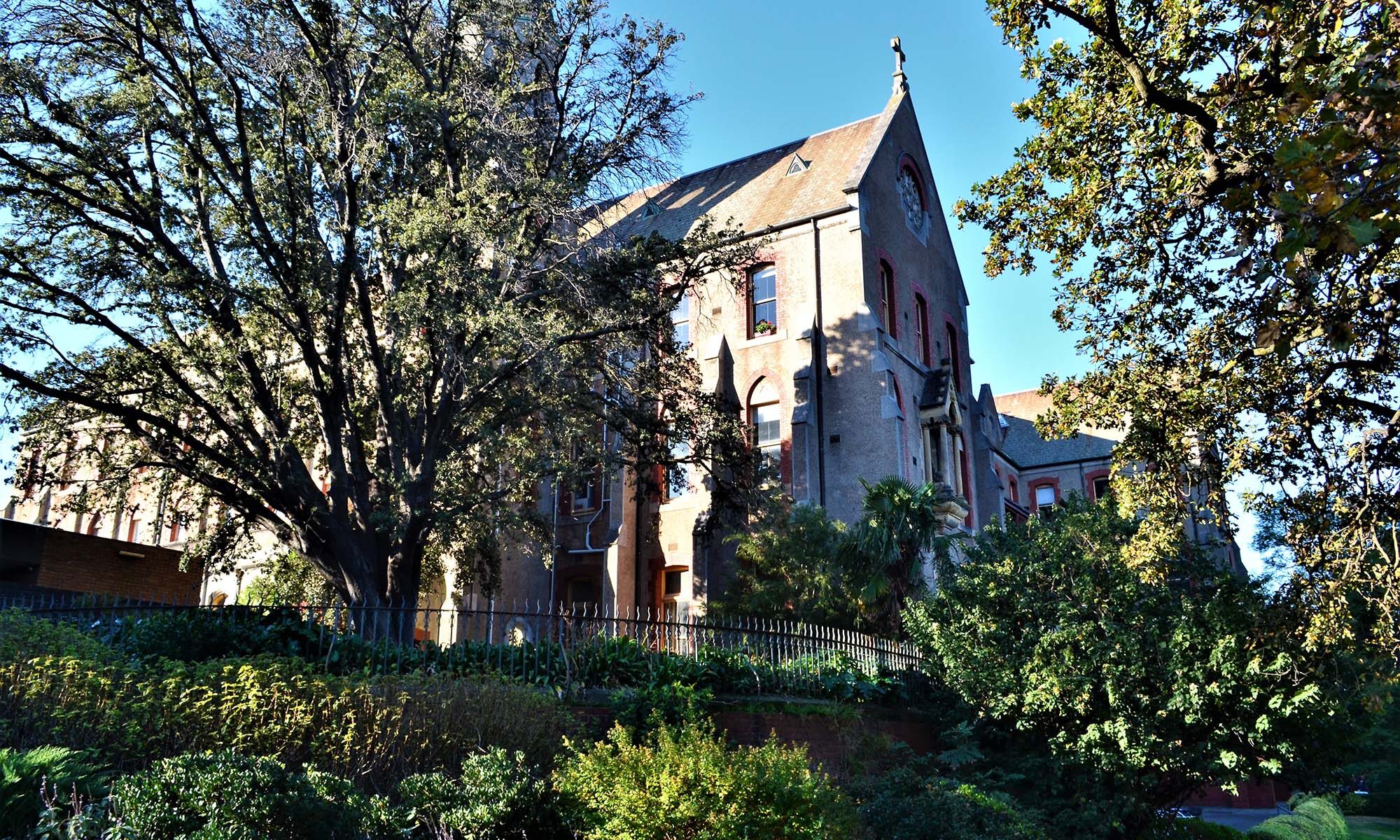
At the last minute I remembered it was the night to go hear Barry Dickins at the Collingwood Library. It was all very librarianish: the Arnott’s biscuits, the tea, the coffee. A couple of casks of wine would have been far more appropriate, and maybe the party would not have dissolved so quickly had the red wine not been absent. But to listen to Dickins was a great pleasure. He sat behind a table and chatted to 60 people without hubris, but without any affectation either. Many rhetorical questions were asked. Audience members answered them to themselves under their breath, or sotto voce. He is a man with an obvious affinity for the criminal, a fascination with low life, drawn to the world of the prison, a man who has been laid into by police. He dressed scruffy, but poem crept into his speech from time to time: he sketched an old taxi driver bearing a straw hat and popped “held together with helium and string” in there. The cabbie professed to be the gentleman who drove the cab which conveyed the mortally wounded Squizzy Taylor to St Vincent’s. Continue reading “Dickins, Dylan Thomas, beer, chips and fags”


